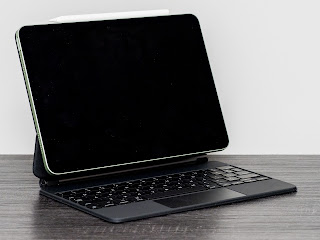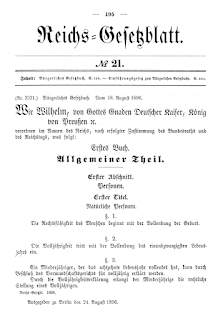Practice - Neurim Pharmaceuticals v Mylan
.jpg)
Author The Judicial Office, UK Lic ence CC BYSA 4.0 Source Wikimedia Commons Jane Lambert Patents Court (Mr Justice Mellor) Neurim Pharmaceuticals (1991) Ltd and another v Generics UK Ltd (t/a Mylan) and another [2021] EWHC 2198 (Pat) (2 Aug 2021) This case shows how quickly the English courts can move to resolve disputes when there is a need for them do so. On 2 Aug 2022 Mr Justice Mellor ordered a 2-day trial of a number of preliminary issues in a claim for the infringement of European patent (UK) 3 103 443 2 months after the application for the expedited trial and 3 months after the patent had been granted. The reason for the urgency was that the patent prevented Mylan from marketing a treatment for insomnia through the use of melatonin. As Me Justice Mellor said at para [40] of his judgment in Neurim Pharmaceuticals (1991) Ltd and another v Generics UK Ltd (t/a Mylan) and another [2021] EWHC 2198 (Pat) (2 Aug 2021): "i) Neurim has a prima facie valid pa...
.jpg)



